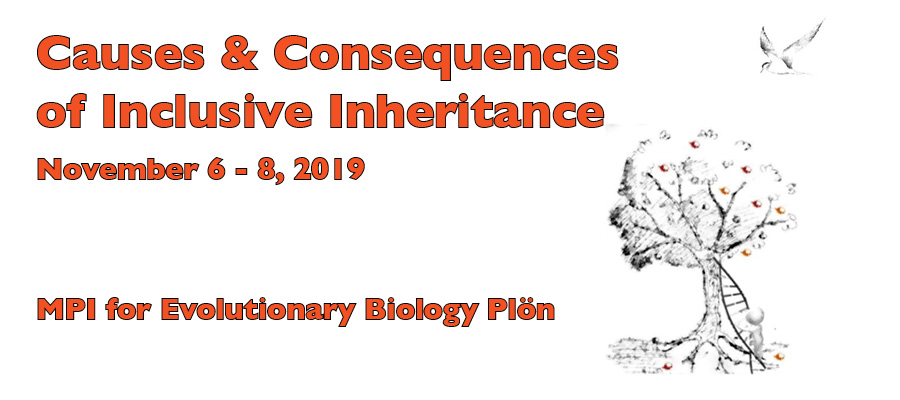Speaker
Description
The capacity of different species to respond to a given selective environment often varies. While nucleotide diversity has long been recognised as the sole predictor of species and populations potential to adapt, current evidence suggest that populations or species may compensate for low genetic diversity through plastic responses. A possible heritable non-genetic mechanism underlying plasticity is DNA-methylation. Using two coexisting and phylogenetically related fish species, the three-spined and the nine-spined stickleback, we examined the contribution of DNA methylation-based epigenetic variation to local adaptation. To do so, we investigated natural populations of the two species from adjacent brackish water and freshwater habitats and compared the structure and variation of DNA methylation among populations and species. Furthermore, we assessed the relationship between epigenetic variation and habitat and screened for functional genes affected by DNA methylation changes. Here we will present our first findings.

